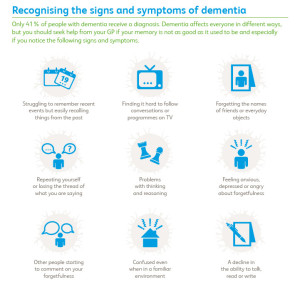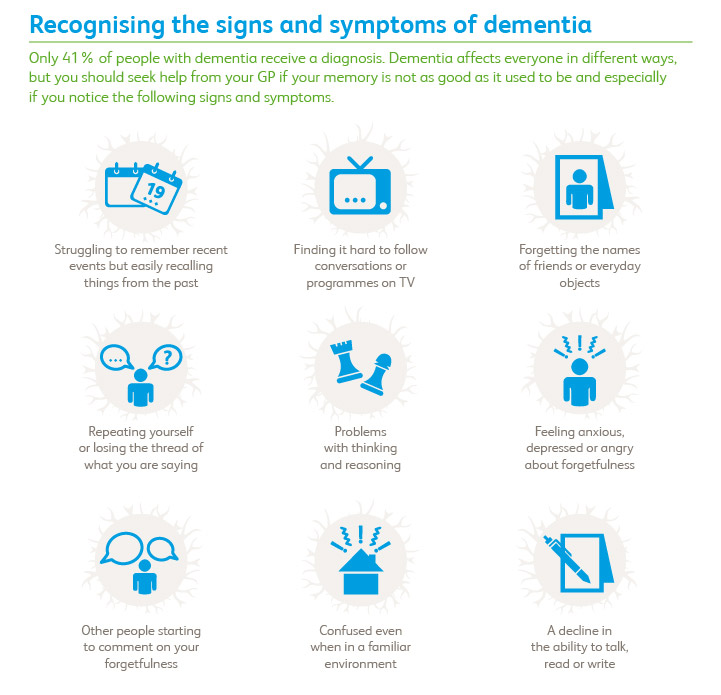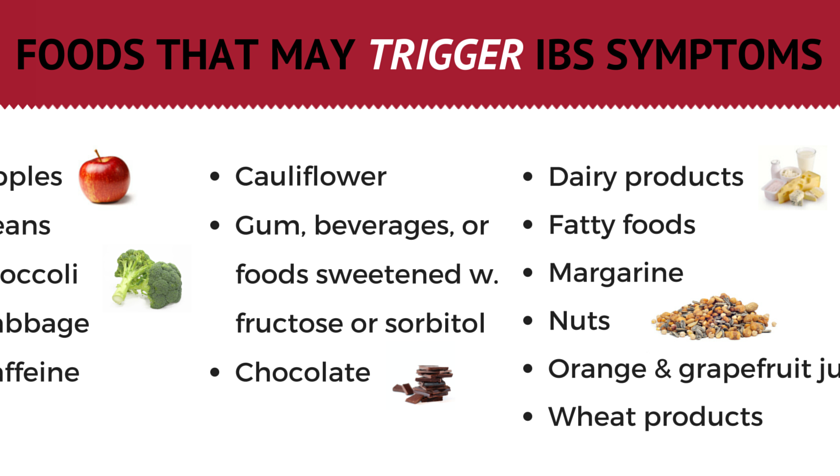How to recognize the symptoms of this disease and the latest available treatments.
“ Tathis tchu shayad tasruff gumuth”. F or the last few months, Gulkak and his wife had noticed a lot of changes in his mother’s behavior. She had become increasingly forgetful.
 Her personality had changed – in an instant she would go from being cheerful and pleasant, to anxious, to tearful, and then aggressive. She used to be able to dress herself, but now she had started wearing clothes backwards and they were always mismatched. Simple tasks like brushing her hair or teeth had become overwhelming. She could no longer even recognize what a hair brush was. Gulkak had taken her to pir after pir , but the phok and taaveez made no difference. The breaking point came when one day his mother wandered outside and ended up at the shop up the road… at 2 in the morning. It tore his heart to see his mother turn into a person he could no longer recognize.
Her personality had changed – in an instant she would go from being cheerful and pleasant, to anxious, to tearful, and then aggressive. She used to be able to dress herself, but now she had started wearing clothes backwards and they were always mismatched. Simple tasks like brushing her hair or teeth had become overwhelming. She could no longer even recognize what a hair brush was. Gulkak had taken her to pir after pir , but the phok and taaveez made no difference. The breaking point came when one day his mother wandered outside and ended up at the shop up the road… at 2 in the morning. It tore his heart to see his mother turn into a person he could no longer recognize.
What hurt even more were the days when she could no longer recognize that he was her son.
Dementia robs you of everything that makes you who you are. It steals your memories, your intelligence, your independence, your ability to think, to make decisions, to communicate, and to do the simplest of tasks.
As humans, we pride ourselves on our intelligence – that Allah created us as the most gifted of living beings. But the irony is that the same intelligence and awareness we take pride in can be taken away with little warning in the form of this tragic condition.
A progressive and irreversible condition, dementia is a term that is used to describe a wide range of symptoms related to a decline in mental abilities severe enough to interfere with everyday life. There are ten different types of dementias. The most commonly occurring are Alzheimer’s disease ( 80% of cases), Vascular dementia ( 10%), and Lewy Body dementia ( 5%).
Some less common causes of dementia include brain tumors, hypothyroidism, subdural hemorrhage, normal pressure hydrocephalus, metabolic conditions, and toxins or deficiencies of vitamin B12 and folic acid. Elderly individuals with genetic vulnerability and family history of dementia in first degree relatives are high risk groups for dementia.
In addition, people who have had chronic depression in their earlier life and head injuries are known to be at higher risk and so should be watched for memory problems in later life. Additional factors that increase your risk of dementia include smoking, obesity, diabetes, high blood pressure, and high cholesterol.
There are an estimated 46.8 million people worldwide living with some form of dementia. This number is expected to almost double every 20 years mostly in developing countries, reaching 74.7 million in 2030 and 131.5 million in 2050. Currently, 58% of people with dementia live in developing countries and by 2050 this will rise to 68%. Every 3.2 seconds, a new case of dementia is diagnosed. In India, there are over 4 million diagnosed cases of dementia with a total societal cost of about Rs. 14,700 crores.
However, research shows that most people currently living with dementia have not received a formal diagnosis. One study in India suggests that up to 90% of cases remain unidentified.
Many people unfortunately misunderstand the symptoms of the disease and attribute it to black magic or possession by a jinn . This means millions do not have access to treatment, care and organized support that getting a formal diagnosis can provide.
Recognize the Symptoms: Dementia affects different people in different ways. Its manifestation depends on various factors like family history, age of diagnosis, lifestyle, diet, and overall health. Each of the ten types of dementias have varying rates of progression and their symptoms present differently. Generally, dementia progresses in three stages as described below by the Alzheimer’s and Related Disorders Society of India ( ARDSI). It is important to note, however, that not all patients will display the symptoms described below and a thorough clinical investigation by a neurologist is essential for a diagnosis.
Early Stage This stage is often overlooked because it appears to be just a normal part of the aging process.
ĉ Have problems talking properly ( language problems, word finding difficulty) ĉ Have some memory loss, particularly of recent events ĉ Have difficulty in making decisions ĉ Become inactive and unmotivated, show mood changes, depression or anxiety and may react angrily or aggressively ĉ Show a loss of interest in hobbies and activities Middle Stage As the disease progresses, day to day life becomes harder and personality changes begin to appear.
ƒâ May become very forgetful – especially of recent events and people’s names ƒâ May become extremely dependent on their family and caregivers; unable to cook, clean or shop; needs help with personal hygiene ƒâ Wanders in and out of the house, forgets where they are or how to get home and are unable to recognize familiar places ƒâ Behaviors such as repeated questioning and calling out, clinging and disturbed sleep ƒâ May have hallucinations ( seeing or hearing things which are not really there) Late Stage This stage is one of near total dependence ( confined to a wheel chair or bed). Memory disturbances are very serious with more physical complications. The person may: ƒâ Have difficulty eating, walking and become incapable of communicating ƒâ Not recognize relatives, friends and familiar objects ( like a hairbrush or even themselves in the mirror) ƒâ Unable to complete simple tasks independently ƒâ Have bladder and bowel incontinence, breathing difficulties and respiratory infections Treatment Options Unfortunately, dementia at this point in time cannot be cured.
The current treatments available are all symptomatic – meaning they help mask the symptoms of the disease and enable the person to have as normal of a life as possible.
Medical treatment is determined by the neurologist and will depend on the diagnosis. Treatment may include cholinesterase inhibitors, memantine, psychotropic drugs, anti- anxiety medications and other medications as determined by the physician.
There are several evidencebased approaches to ensuring that an individual living with dementia is able to enjoy a comfortable life. These include validation therapy, cognitive stimulation and behavioral therapy. In the next article of this two part series we will explore these approaches and learn ways to enable people living with dementia to have meaningful lives. We must always remember that a person living with dementia is still a human being with emotions.
They deserve to be treated with love, dignity and patience because they are trying to do the best despite having been tragically robbed of their identity.
The author has a Masters in Healthcare Administration from the University of North Florida ( USA), is a certifi ed trainer on Alzheimer’s and related disorders and is licensed by the state of Florida as an Assisted Living Manager.
Dementia robs you of everything that makes you who you are. It steals your memories, your intelligence, your independence, your ability to think, to make decisions, to communicate, and to do the simplest of tasks.
SAMA BÉG samabeg@ gmail. com






